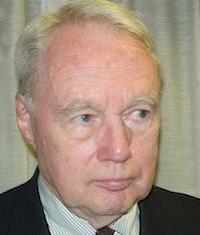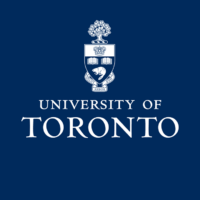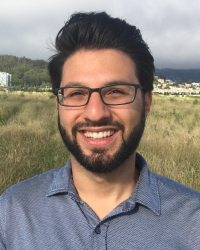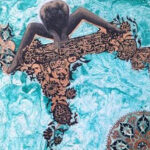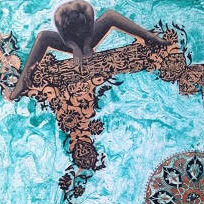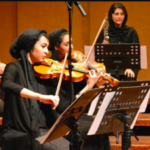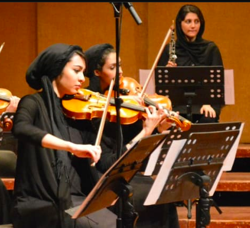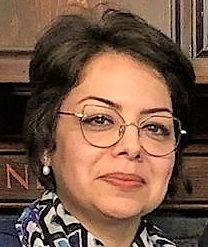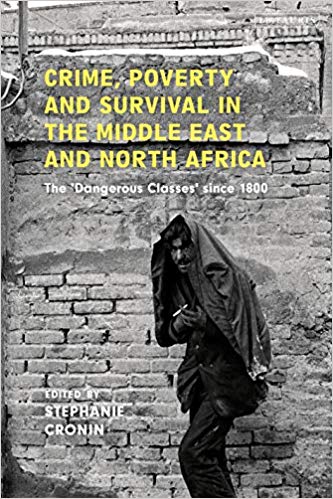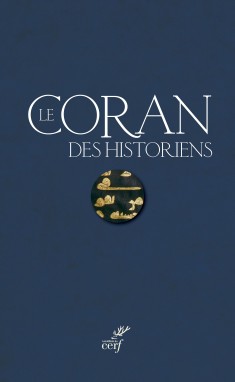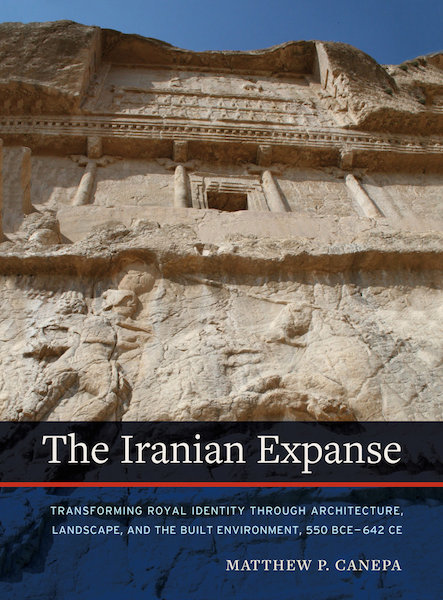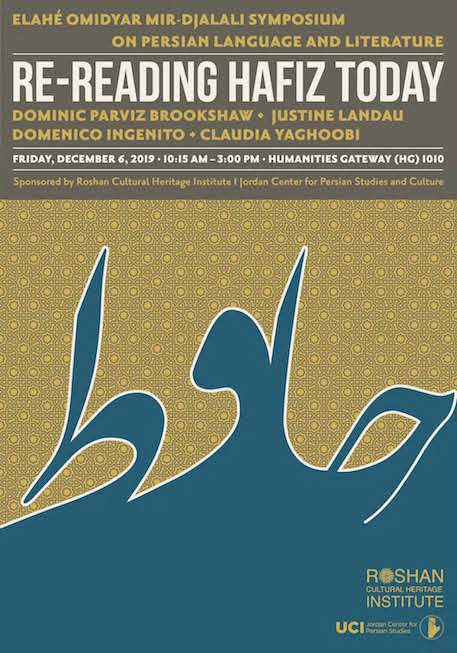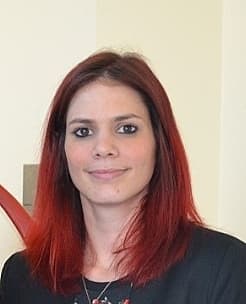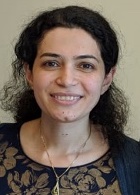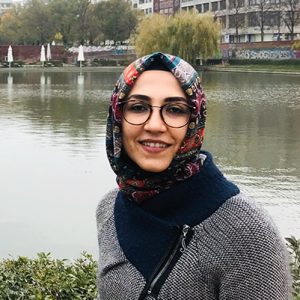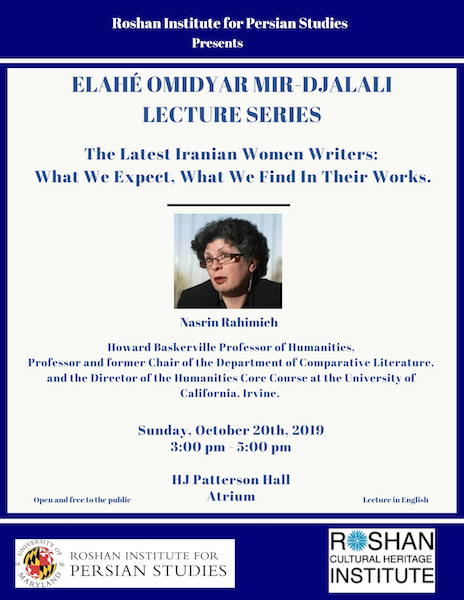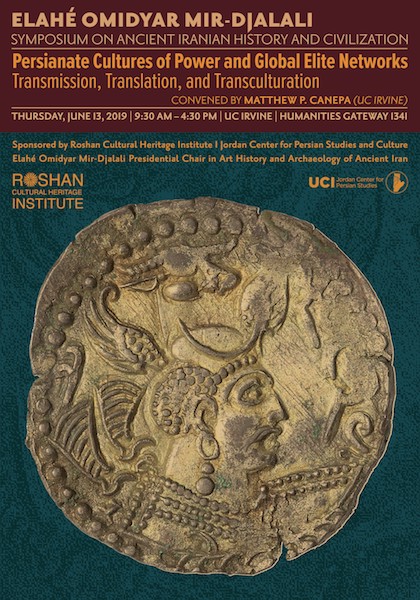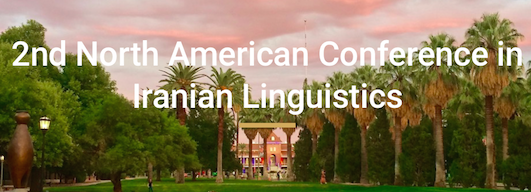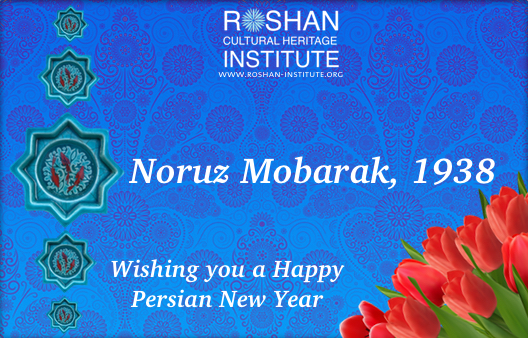New Elahé Omidyar Mir-Djalali Doctoral Fellowships at the University of California, Irvine
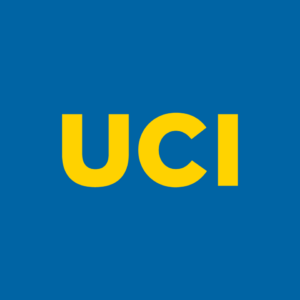
Roshan Cultural Heritage Institute is pleased to announce a new endowment that establishes two doctoral fellowships for students pursuing Iranian studies at the University of California, Irvine – the Elahé Omidyar Mir-Djalali Graduate Fellowship in Ancient Iranian Studies and the Elahé Omidyar Mir-Djalali Graduate Fellowship in the Study of the Persian/Iranian World. The $1.5 million endowment enables UCI to expand its current graduate specialization in ancient Iran and the premodern Persian world into a Ph.D. concentration that is expected to be available for student applications in fall 2022.

The Elahé Omidyar Mir-Djalali Graduate Fellowship in Ancient Iranian Studies will support Ph.D. students who are studying the ancient Iranian/Persian world (550 BCE to 650 CE) and are advised or co-advised by the Elahé Omidyar Mir-Djalali Presidential Chair in Art History & Archeology of Ancient Iran, currently Professor Matthew Canepa. The Elahé Omidyar Mir-Djalali Graduate Fellowship in the Study of the Persian/Iranian World will be open to students studying the Iranian world in any time period or discipline, in any UCI Ph.D. program that participates in the concentration.
The two fellowships established by this grant are among the only permanent, endowed Ph.D. fellowships in the world dedicated specifically to ancient Iranian studies. Administered by the Elahé Omidyar Mir-Djalali Presidential Chair and the Dean of Humanities, the fellowships will be part of a competitive five-year funding package guaranteed to Ph.D. students upon admission.
“The Elahé Omidyar Mir-Djalali Graduate Fellowships will be transformative both for UCI – which will attract top doctoral students as a result – and for the field of Iranian studies more generally,” said Professor Canepa, who directs the graduate specialization. “By graduating with a disciplinary Ph.D. as well as credentials in Iranian studies, doctoral students will be ideally equipped to compete for the widest possible range of positions at the widest possible range of institutions and programs.”
Roshan Cultural Heritage Institute has supported several Persian-focused initiatives at UCI, and this new grant marks our second endowment. The $2 million Elahé Omidyar Mir-Djalali Presidential Chair in Art History & Archaeology of Ancient Iran was created in 2017.

